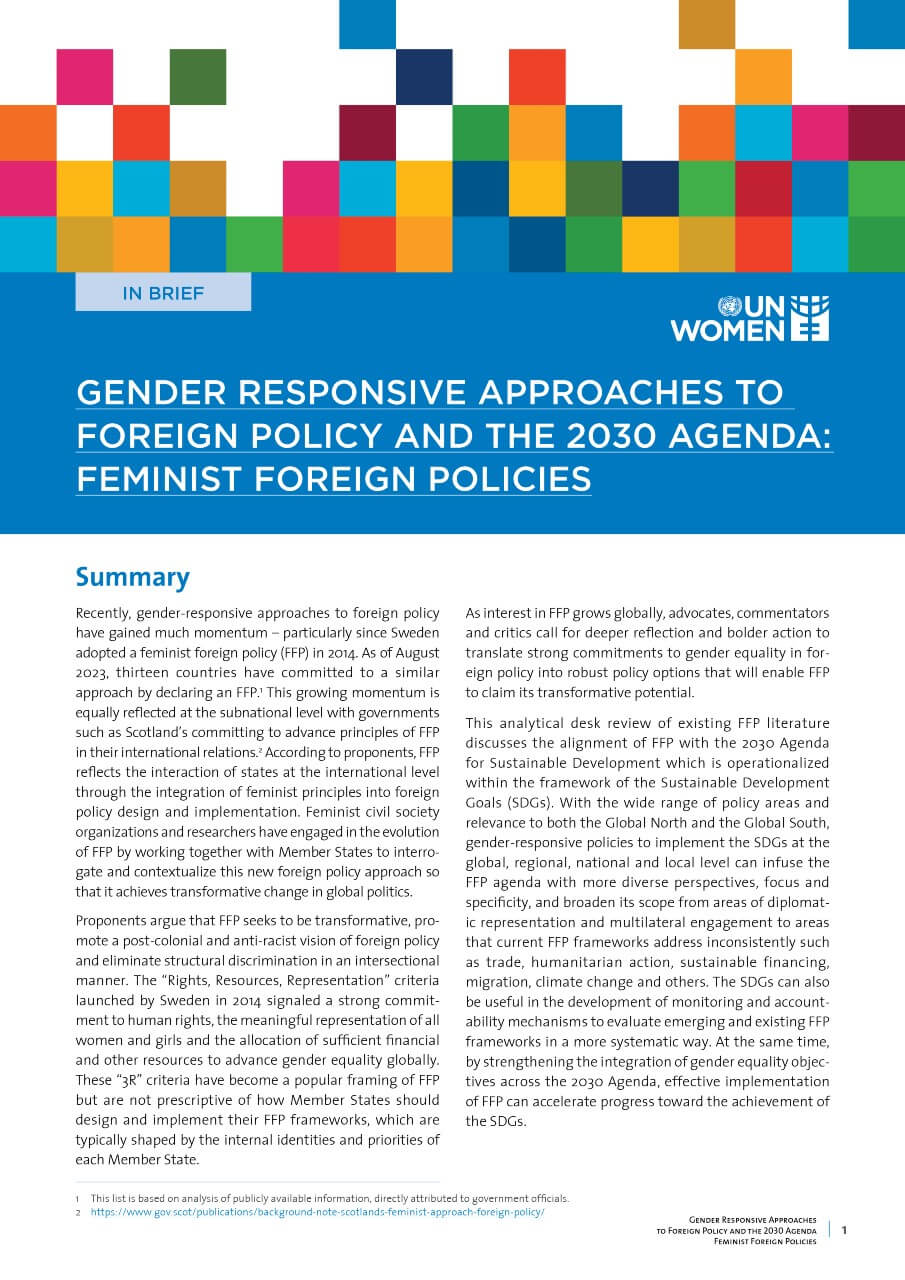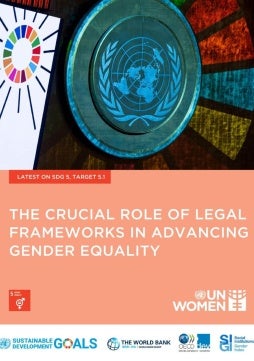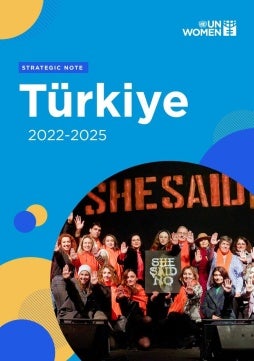Policy brief: Gender-responsive approaches to foreign policy and the 2030 Agenda: Feminist foreign policies
As interest in feminist foreign policies (FFPs) grows, there is call for deeper reflection and bolder action to translate strong commitments to gender equality in foreign policy into policy options that will enable FFP to claim its transformative potential. While this momentum grows, progress toward the Sustainable Development Goals (SDGs) remains well below 2030 targets.
FFP scholarship has called for frameworks to be intersectional, transformative, and systemic; challenge existing legacies of colonialism; demonstrate policy coherence; and adopt participatory approaches to policy development and implementation. However, gaps in implementation persist. FFPs are also vulnerable to global pushback against gender equality and the rights of women and girls and to political and ideological shifts in newly elected governments. These challenges point to the need for a new framework of reference to address gaps and strengthen the institutionalization of gender-responsive approaches to foreign policy through national legislation and commitments.
Gender-responsive policies to implement the SDGs at the global, regional, and local level can infuse the FFP agenda with more diverse perspectives and broaden its scope to areas that current frameworks address inconsistently. The SDGs can also be useful in the development of systematic FFP monitoring mechanisms. By strengthening the integration of gender equality objectives across the 2030 Agenda for Sustainable Development, effective implementation of FFP can accelerate progress toward both the achievement of the SDGs and the renewal of the multilateral system.
This policy brief synthesizes research findings, analyses, think pieces, and policy recommendations on FFPs and presents their nexus with the 2030 Agenda.










